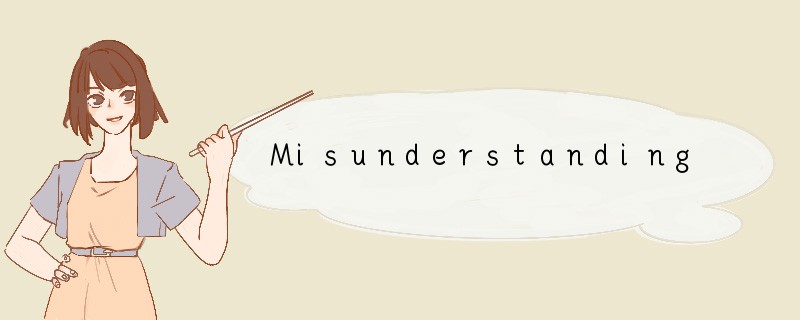Misunderstanding means East-West cultural
时间:2024-04-24 17:31:40 栏目:学习方法
题目内容:
Misunderstanding means East-West cultural clash. A failure to understand different customs lead to misunderstanding.
A common example of this clash occurs in China when Westerners complain that the Chinese are noisy and impolite, and feel uneasy with the questions: "Where are you from?" "Where do you work?" "How much do you earn?" "Are you married?" One Westerner has described this question and answer process as a "Laowai (foreigner) Litany." It's not surprising that foreigners in China who are not familiar with Chinese culture would be shocked by the questions and might feel that Chinese were meddling in their affairs.
Why do Chinese and Westerners have opposite behaviour in public and in society? Cultural differences partly explain this. Chinese culture is founded on collectivism. Instead of considering themselves individuals, Chinese are, above all, members of a community. They identify more with employees of the company, citizens of the country, husbands or wives, or fathers. They are used to thinking of groups. With this community spirit, it's not uncommon to approach others with questions. So, "Where are you from?" could mean "I'm interested in you and ready to be your friend;" "How much money do you earn?" could mean "If you don't earn enough to feed yourself, I'm happy to invite you to share my rice porridge;" and "Are you married?" could mean "If you're still single, I'll help you find a girlfriend."
For Chinese, asking a stranger questions is a normal way to show sympathy and to invite someone to have a friendly conversation. Chinese on a 10-hour train ride would be considered impolite or even arrogant if they refused to ask or answer questions. That is why a Chinese train ride is always happy and animated for Chinese, but can be noisy for a European.
Western culture is based on individualism. A Westerner sees himself or herself both as an individual and member of a community. Thus any insistence on communicating through questions might be considered annoying. In Europe, a person on a 10-hour train ride, will be considered polite if he or she wants to keep silent for the whole journey. This is also why train rides in Europe are agreeably quiet for Europeans, but possible painful for Chinese.
There seems to be fundamentally nothing wrong with being interested in strangers, depending on the circumstances, but either asking questions or not asking questions could prove indelicate. Whoever you are, be relaxed and polite no matter whether you get intrusive questions or a perfunctory hello.
66. Which is wrong about the above four questions in paragraph 2 ?
The Chinese use them to show their sympathy.
The Westerners will be shocked at these questions
They are often asked to open a conversation by Chinese people.
They imply the spirit of individualism.
67. According to the passage, all the following shows the culture differences between we Chinese and the Westerns except_________________.
the Chinese consider themselves to be members of a community while the Westerns don’t
western culture is founded on individualism
your questions will annoy a Westerner if he/she doesn’t want to communicate
train journey in Western countries are often quiet but noisy in China
68. On a ten-hour train ride___________________________.
the Chinese will probably talk with strangers happily
the Westerners are certain to talk with strangers
it is impolite for both the Chinese and the Westerners to keep silent
it is often painful for the Westerners to be in silence
69. The underlined word “animated”(in paragraph 4) possibly means_______________.
A. causing shameful feelings B. filled with noise
C. full of life and spirit D. important and agreeable
70. The main idea of the passage is probably_____________________.
A.we shouldn’t ask the Westerners the four questions
B.culture differences may lead to misunderstanding
C.it’s wrong to be interested in strangers
D.asking a stranger questions is a normal way to show sympathy
最佳答案:
66—70 DAACB
答案解析:
略
考点核心:
人物传记类文章的文体特征:
人物传记是记叙文体的一种,主要描写某人的生平事迹、趣闻轶事、生活背景、个性特征、成长奋斗历程等,包含记叙文的时间、地点、人物、事件等要素。其特点是以时间的先后或事件的发展为主线,空间或逻辑线索贯穿文章始终,脉络清楚,可读性较强。
版权声明:
1、本文系转载,版权归原作者所有,旨在传递信息,不代表看本站的观点和立场。
2、本站仅提供信息发布平台,不承担相关法律责任。
3、若侵犯您的版权或隐私,请联系本站管理员删除。
4、本文由会员转载自互联网,如果您是文章原创作者,请联系本站注明您的版权信息。

 订阅
订阅